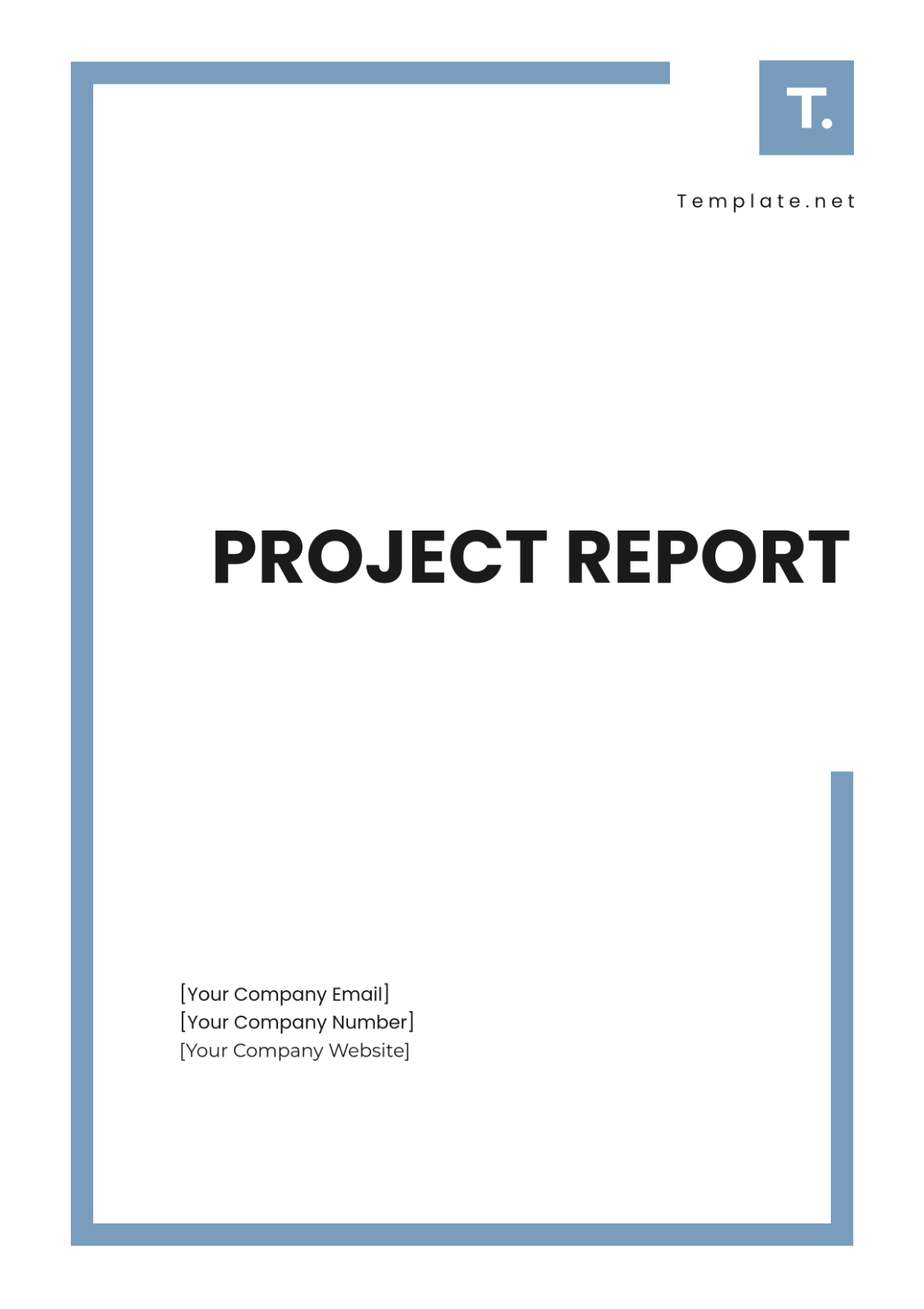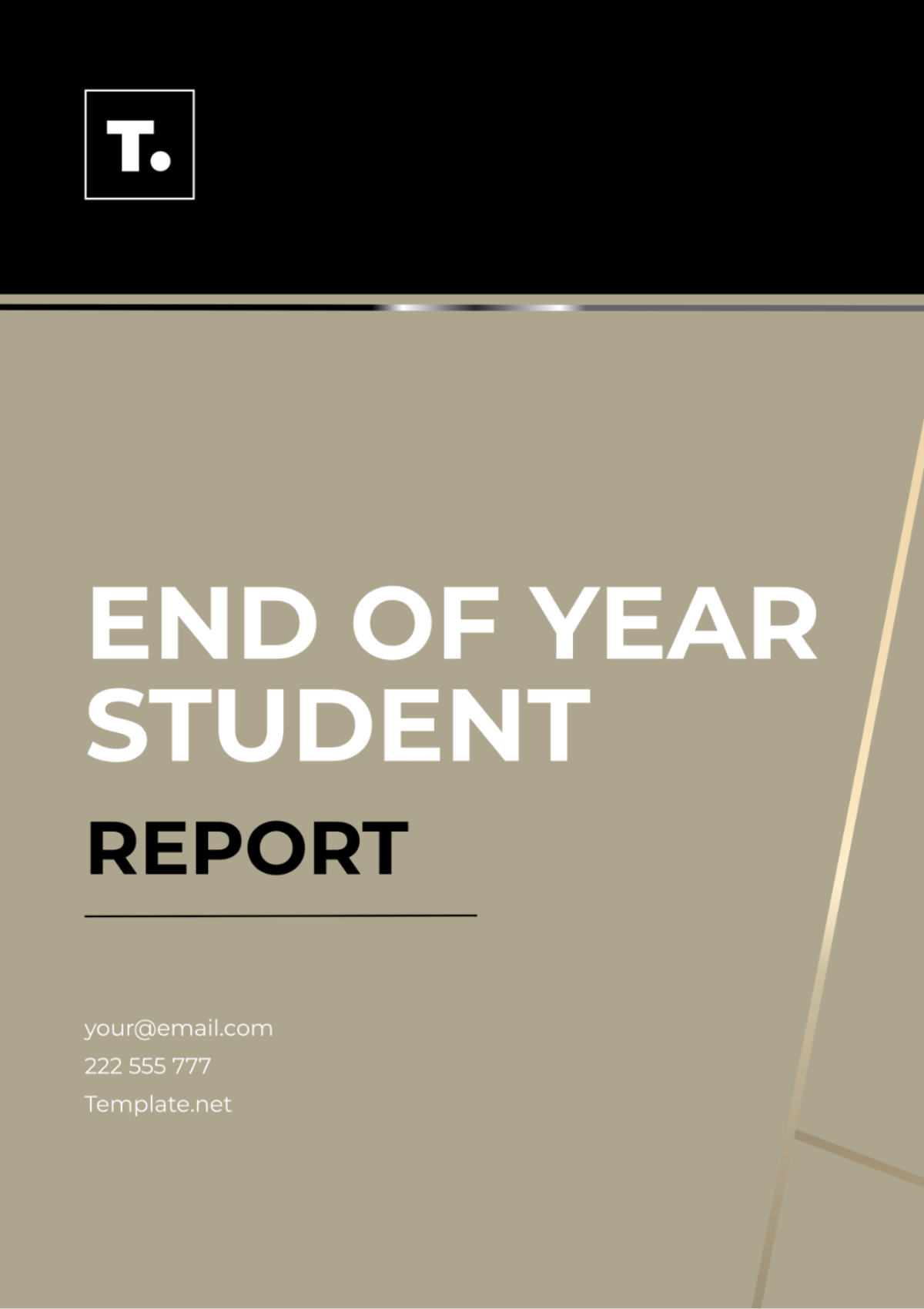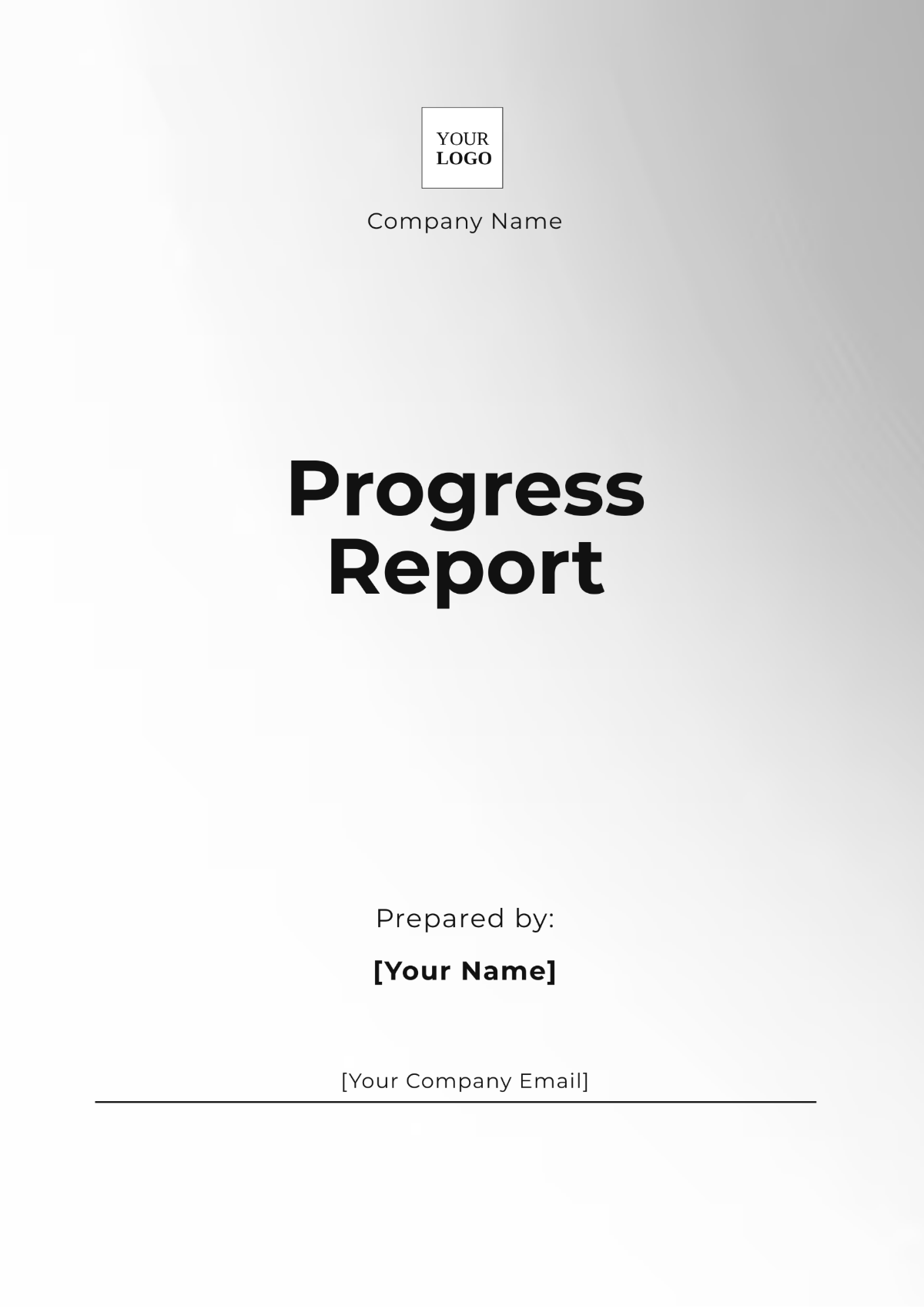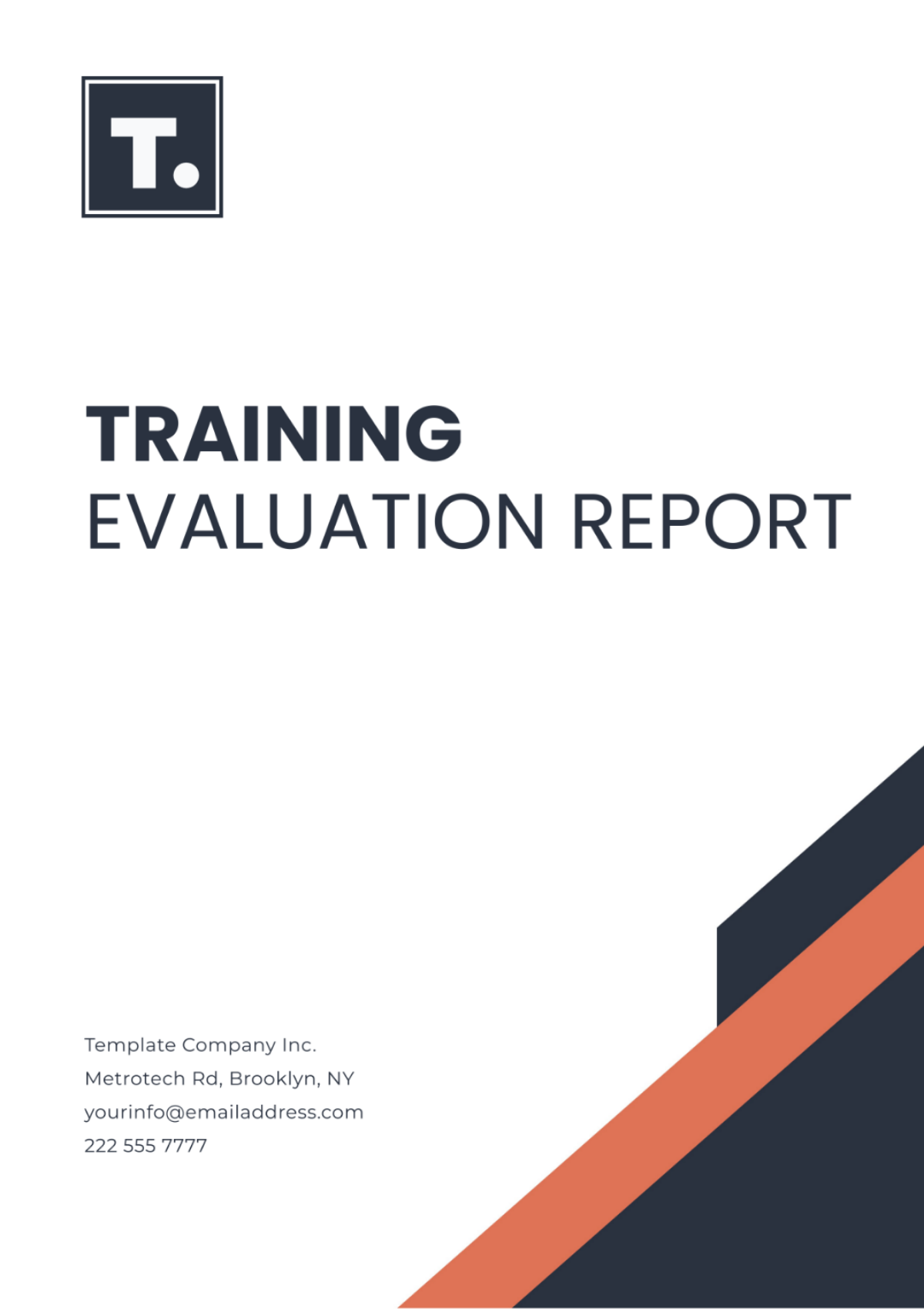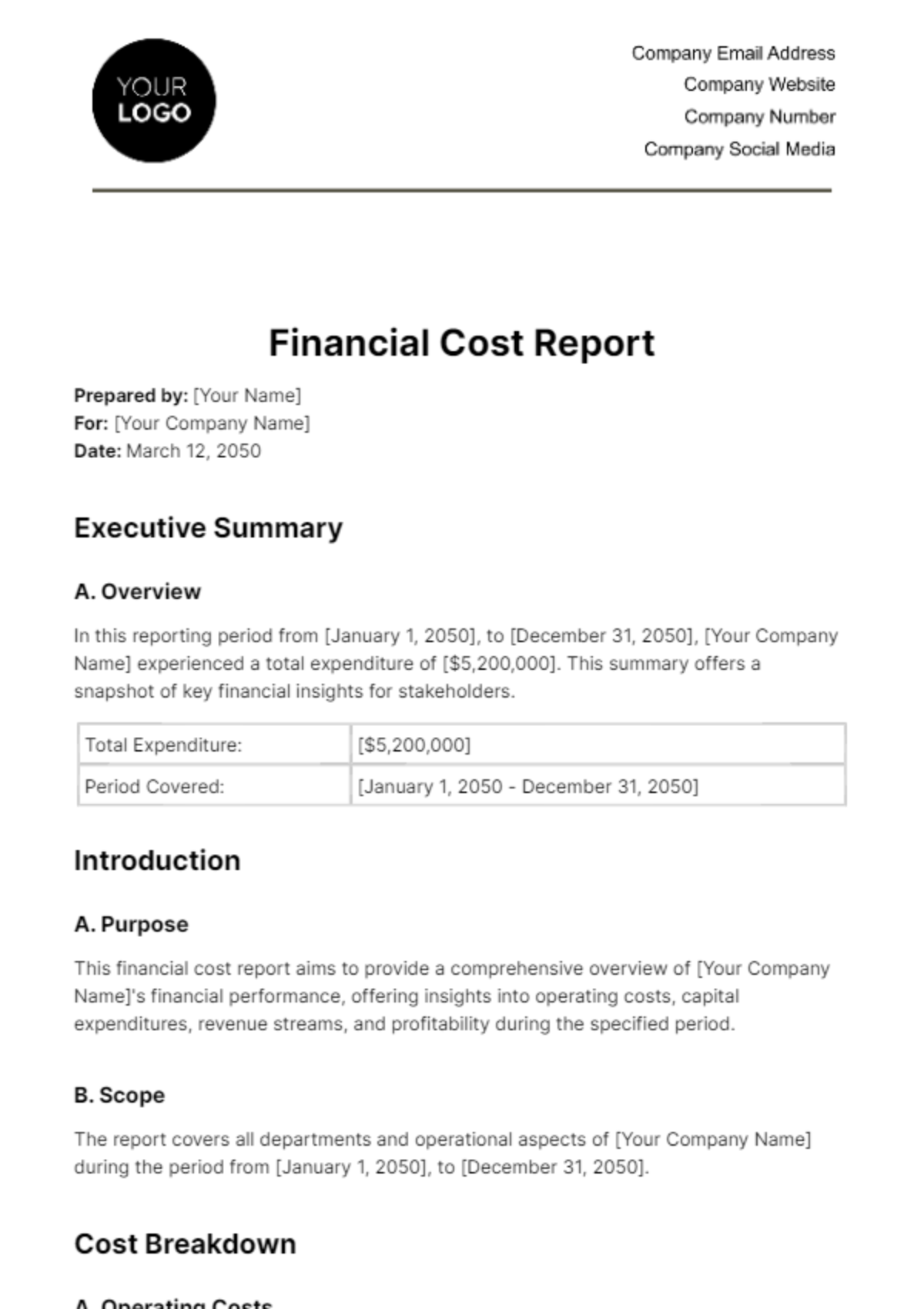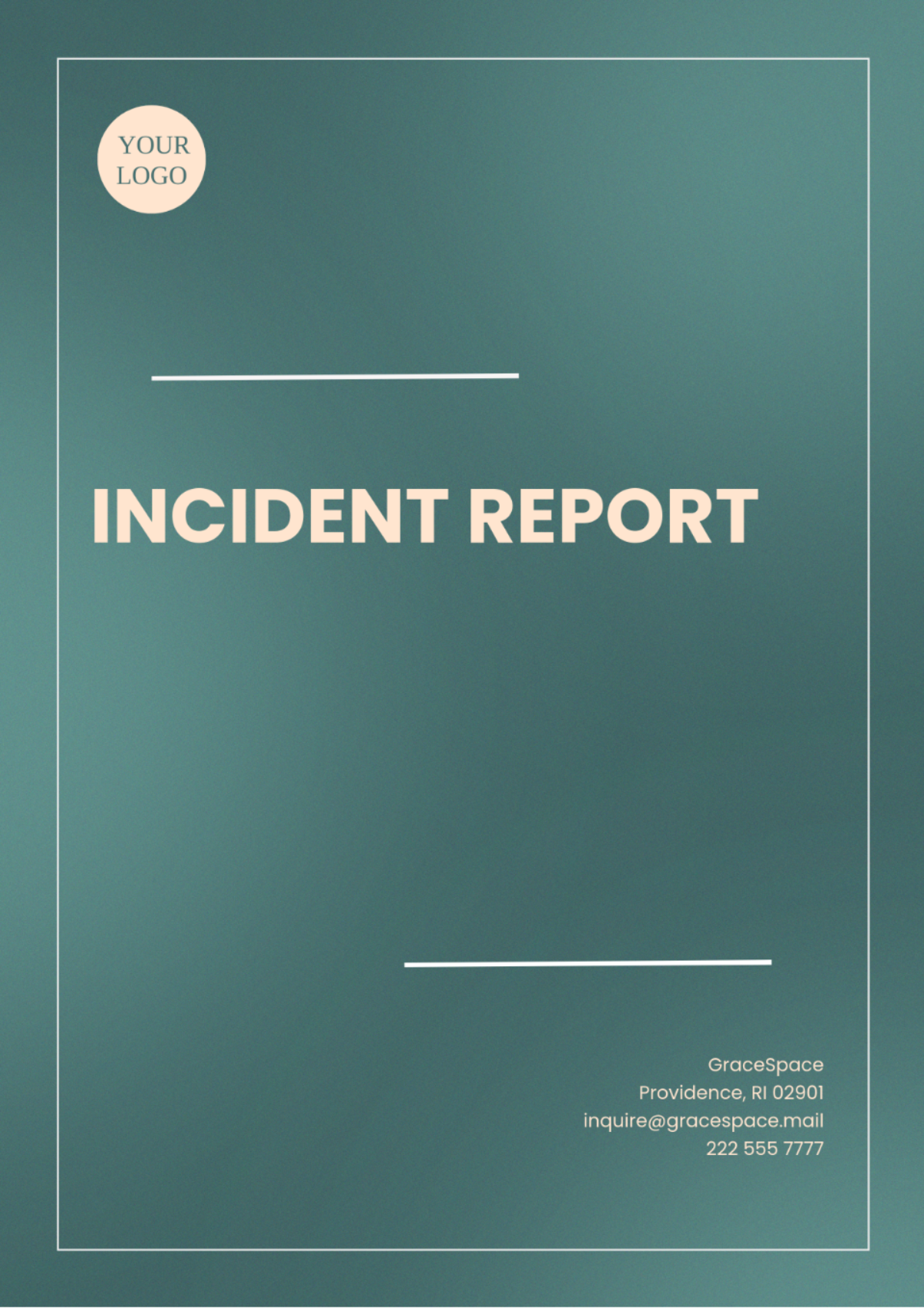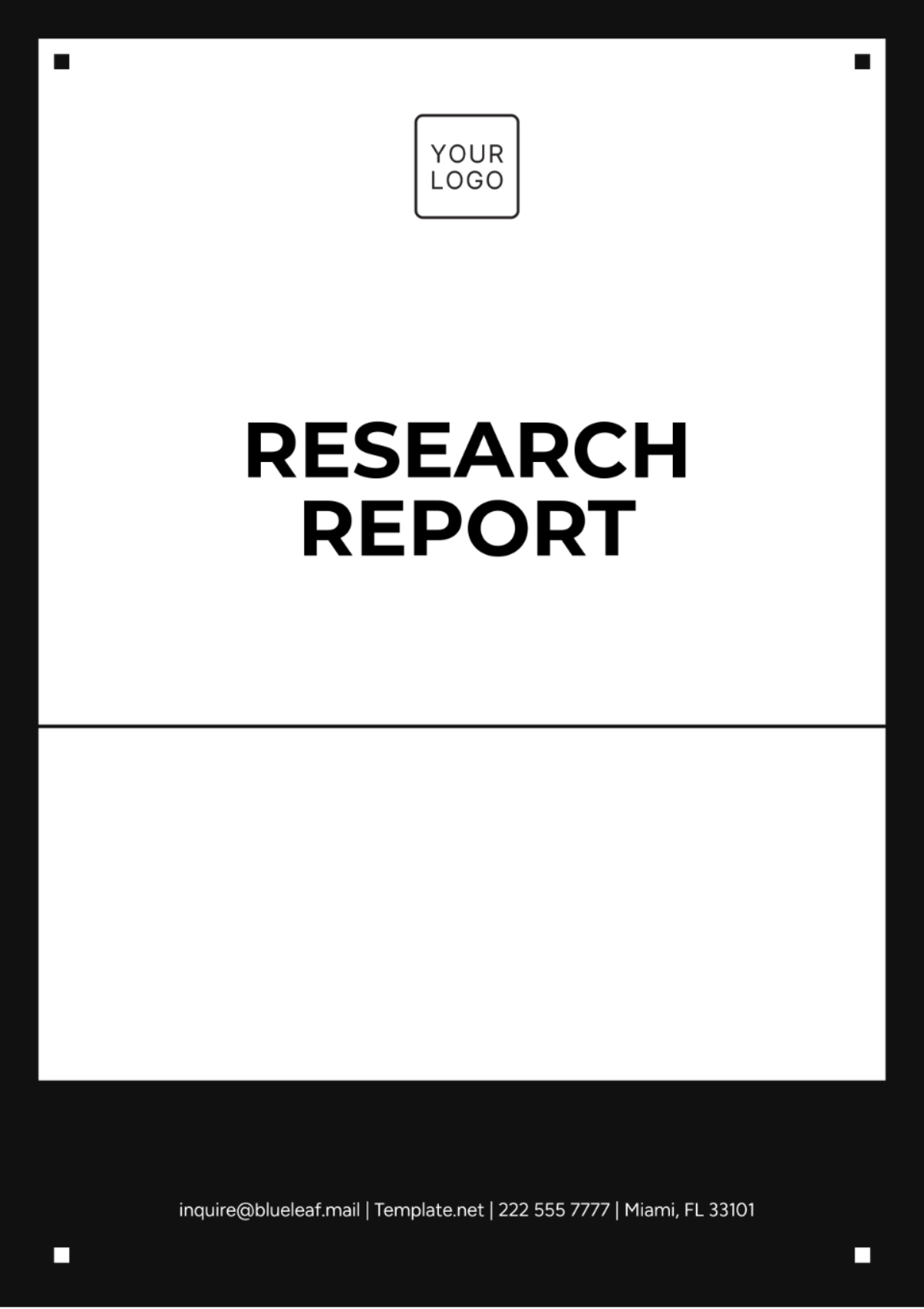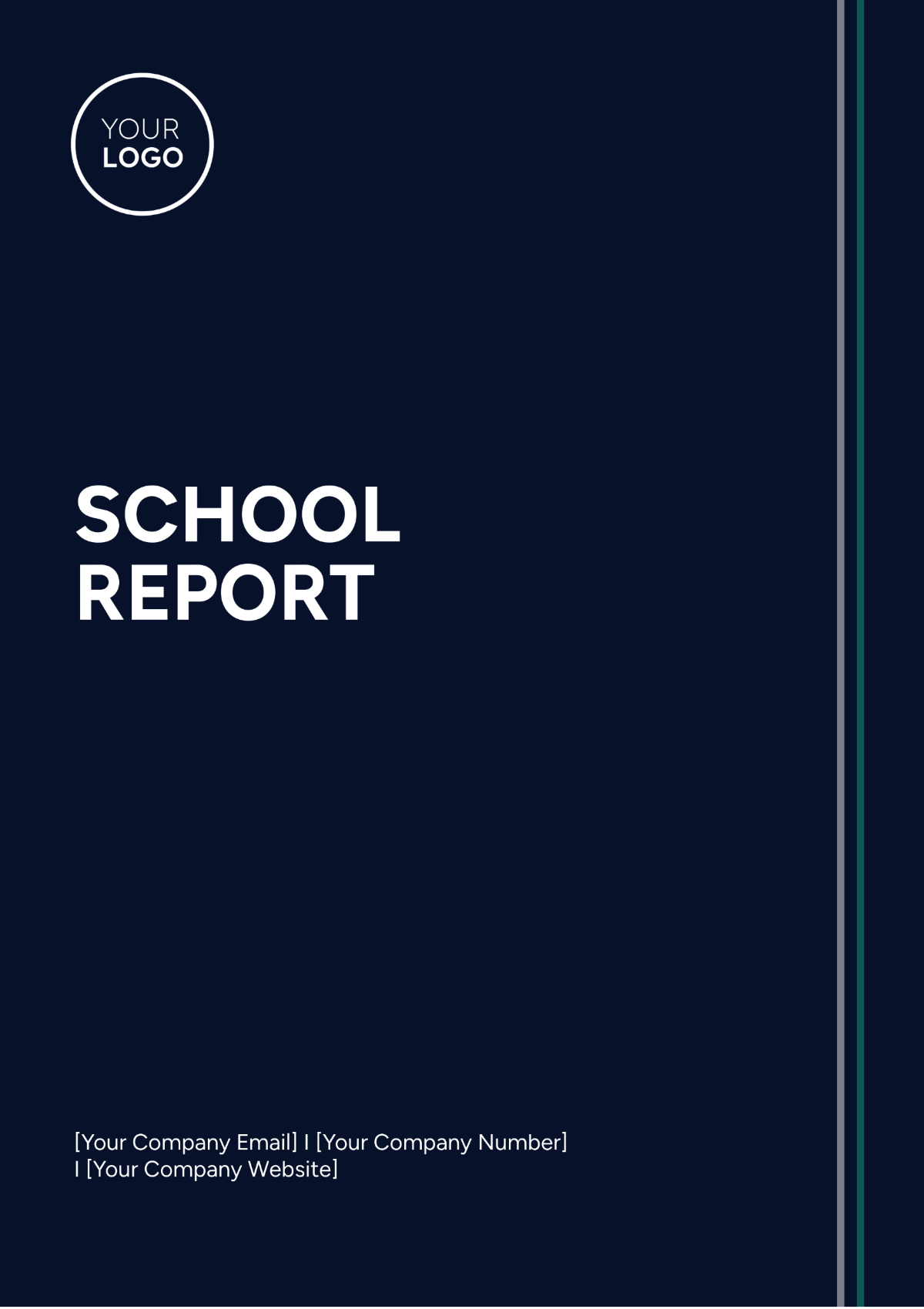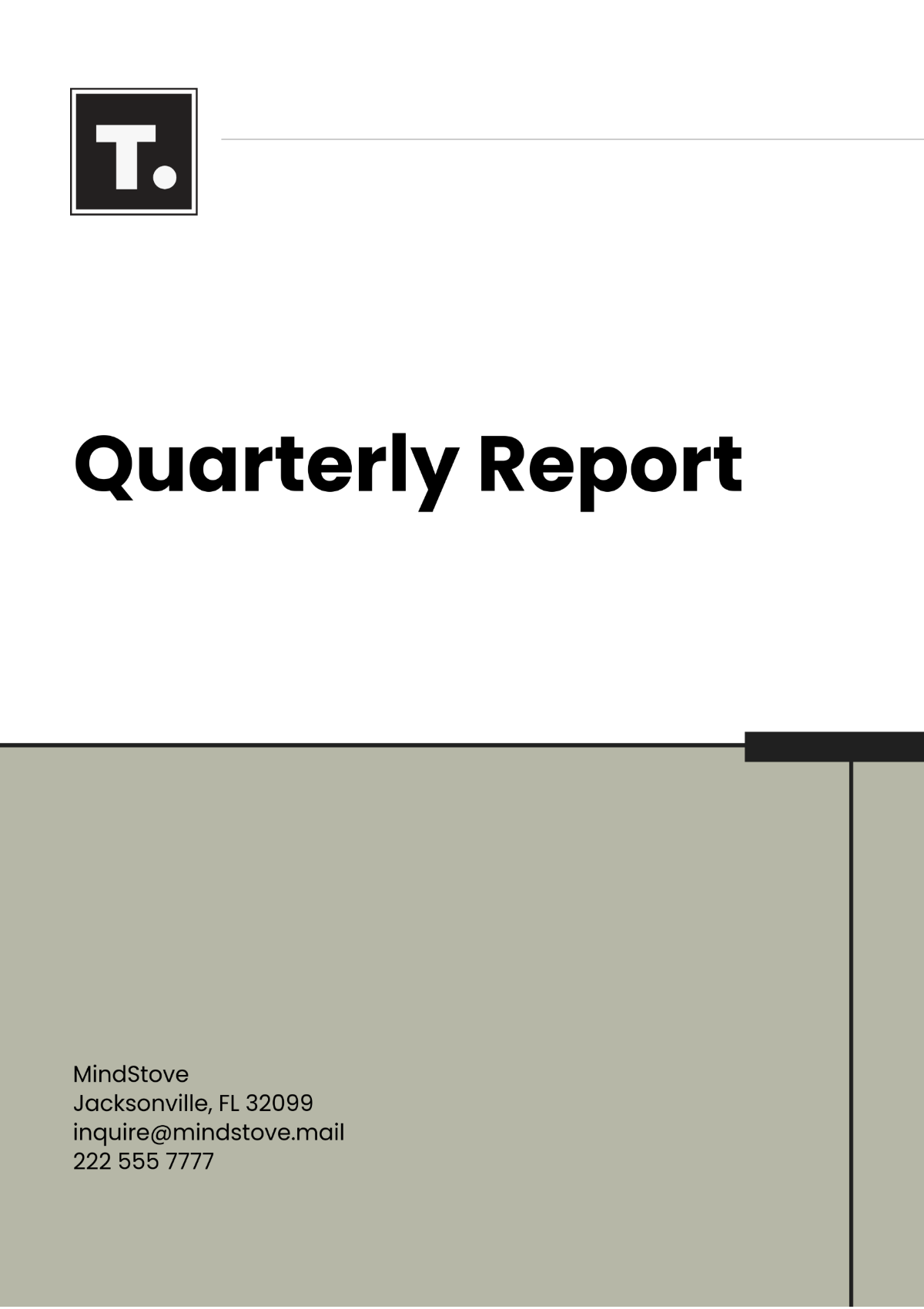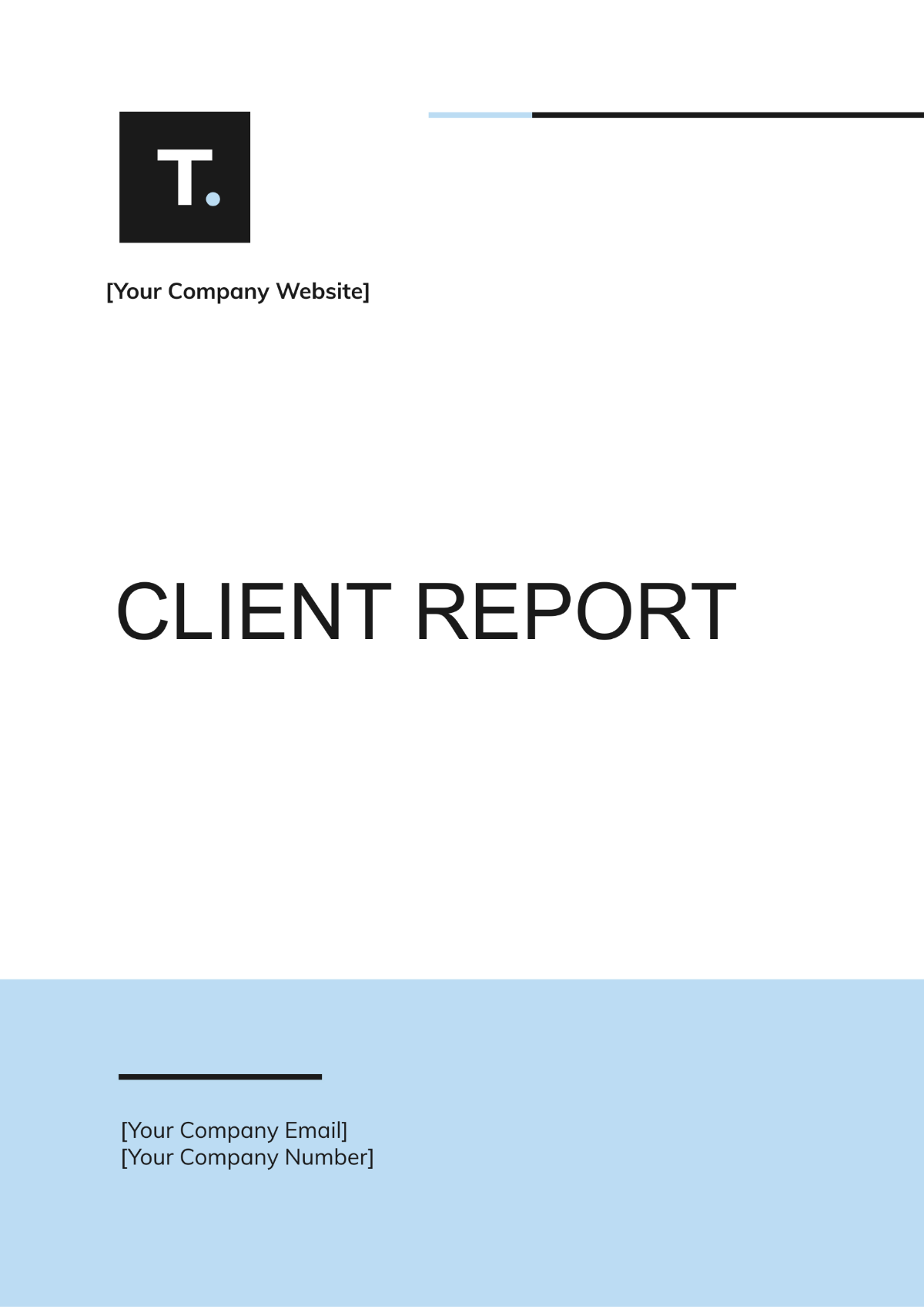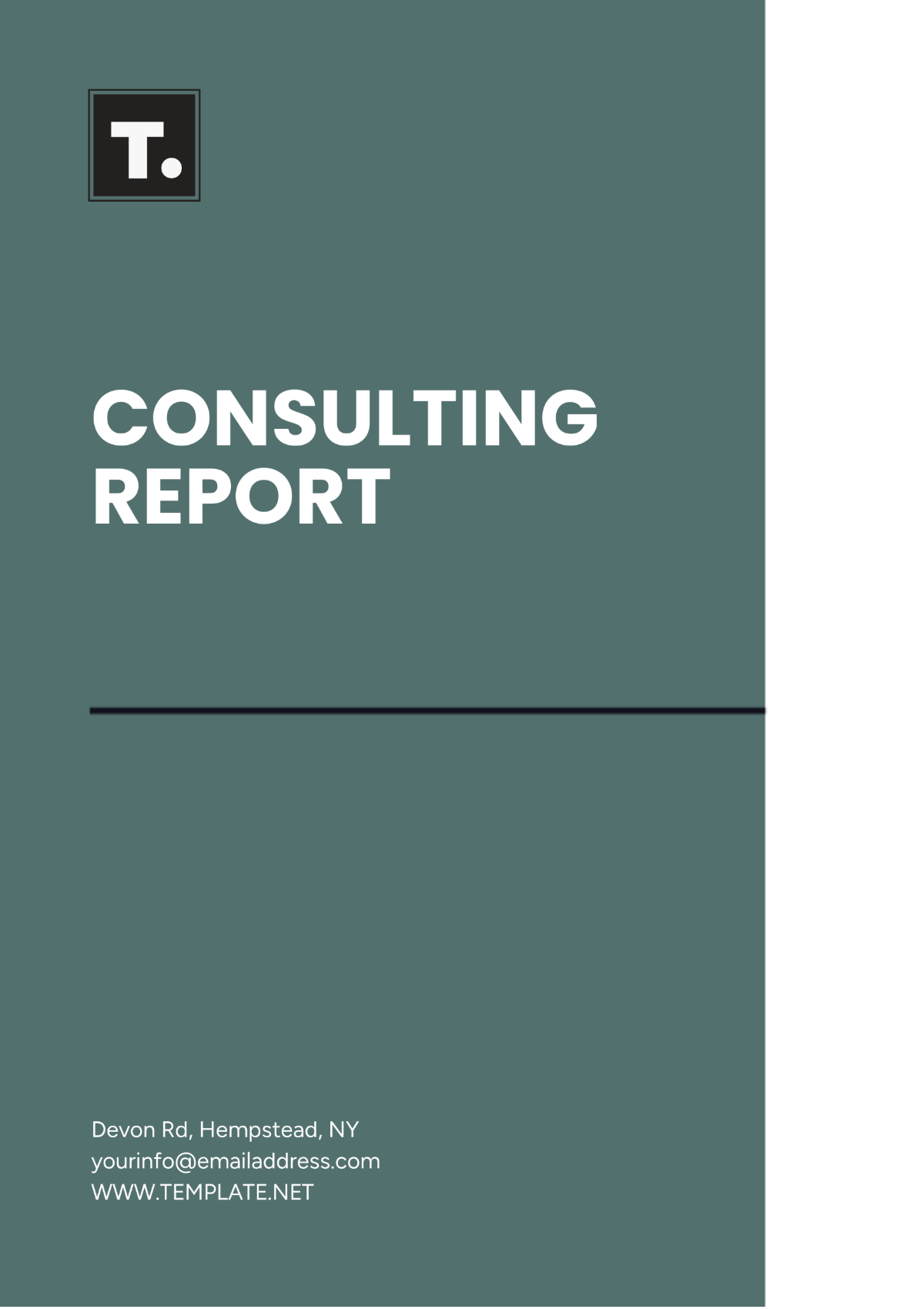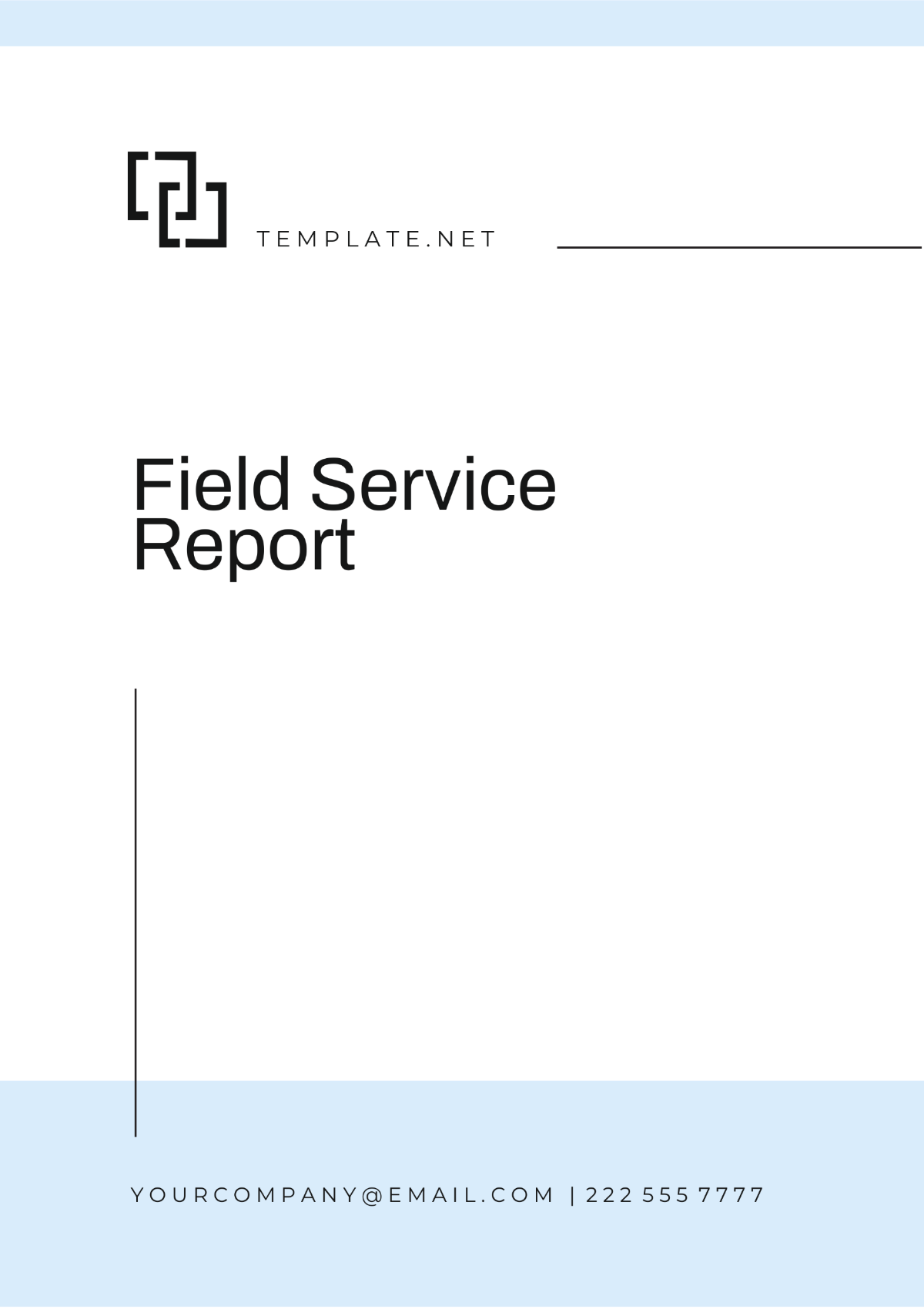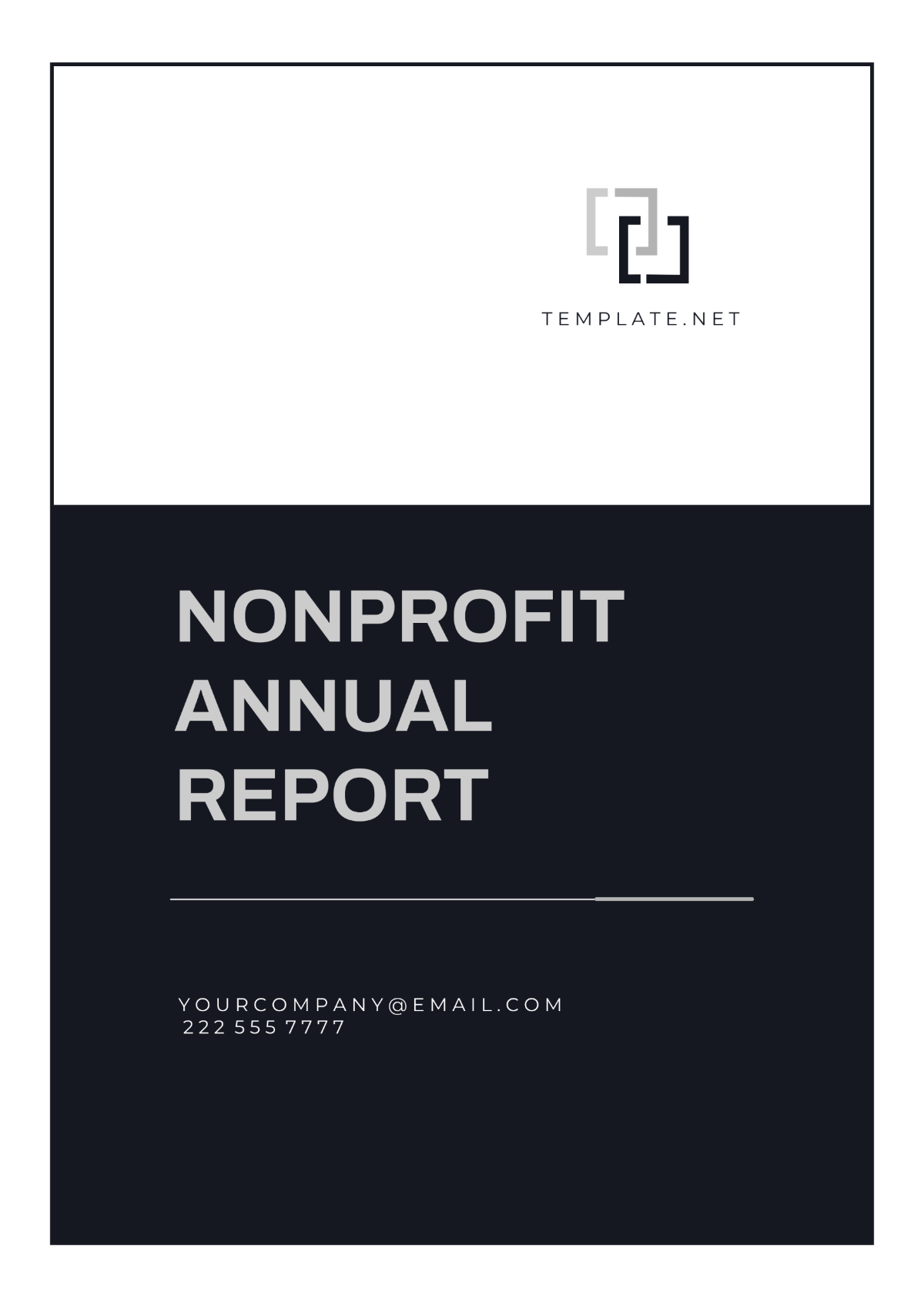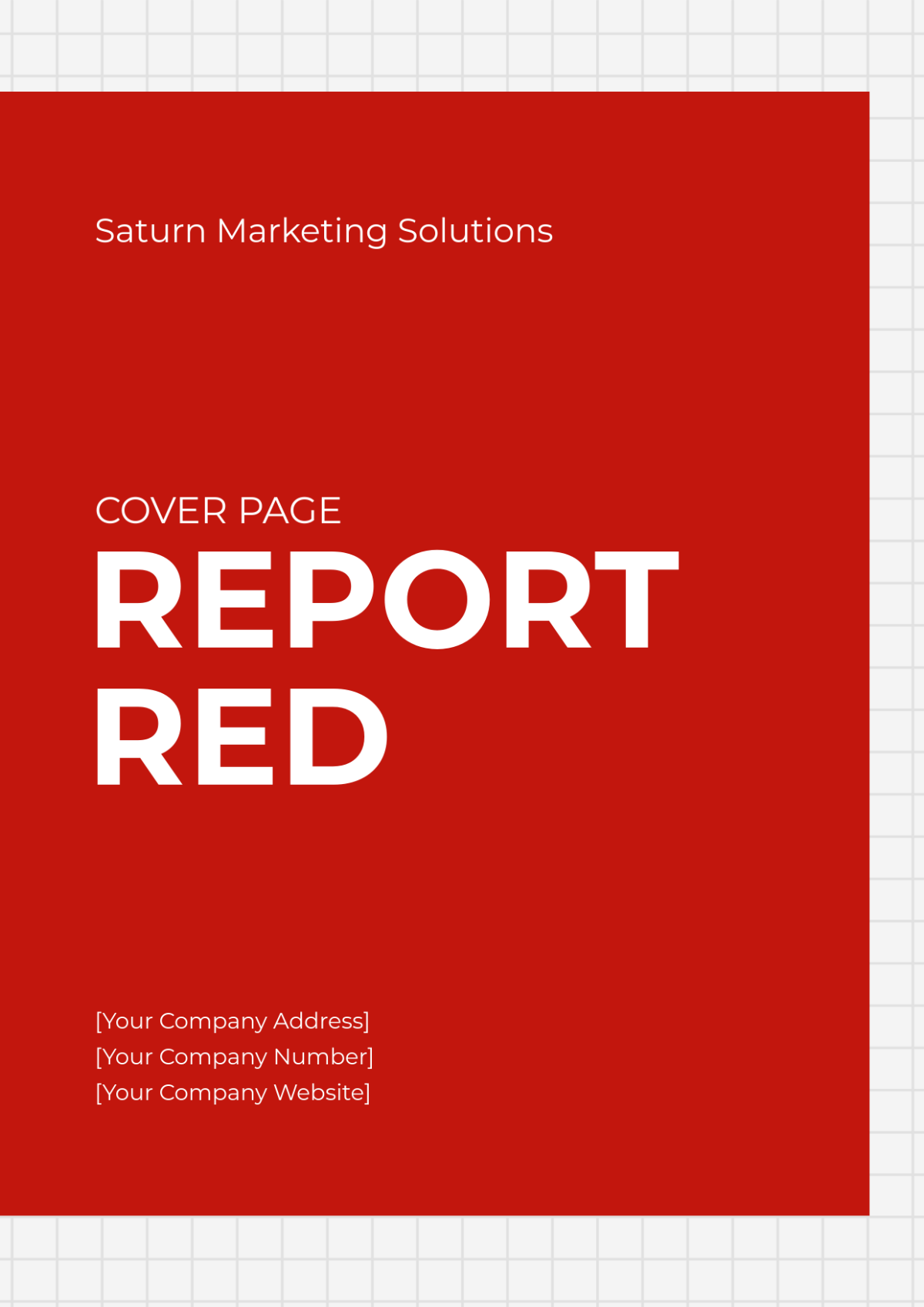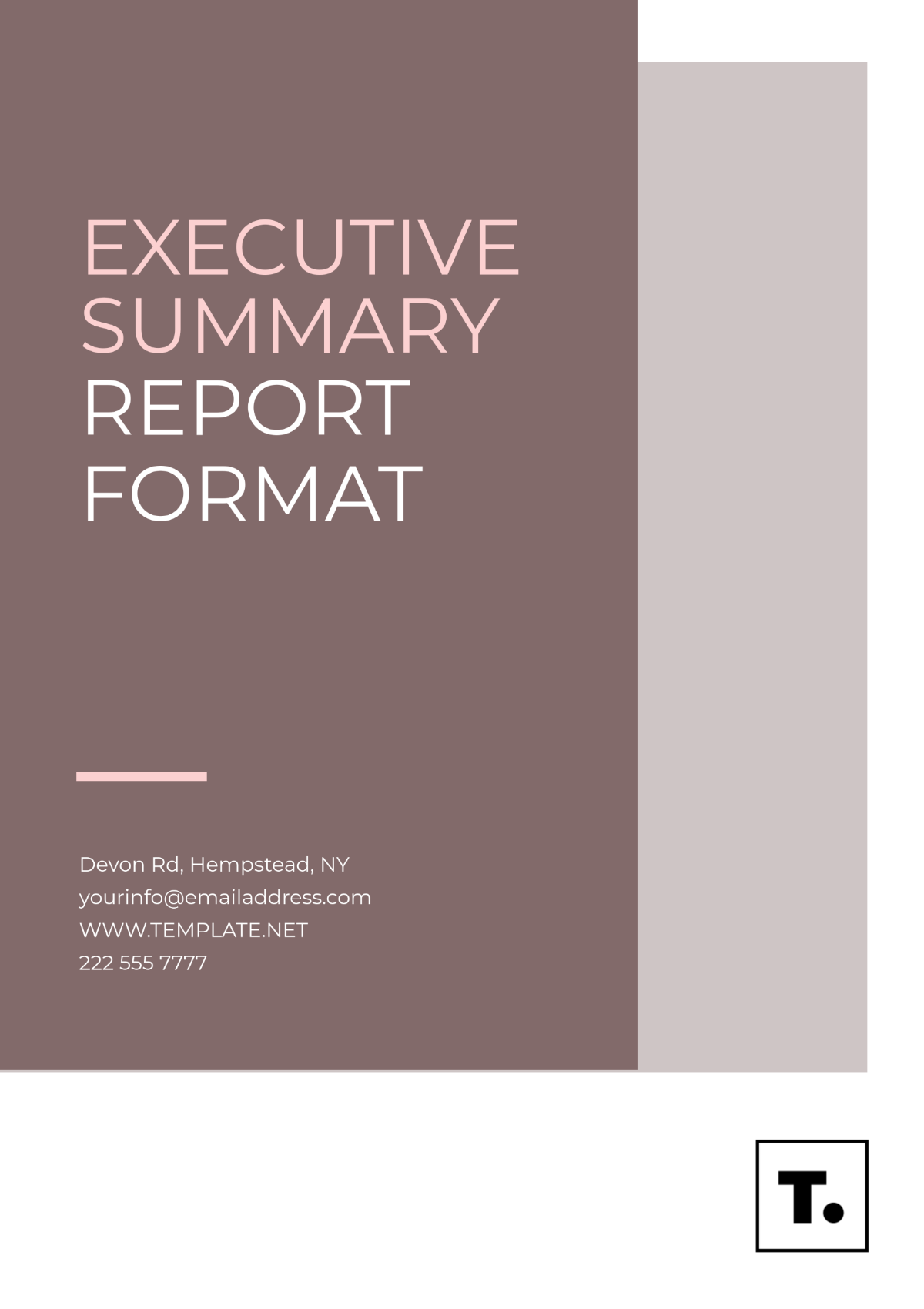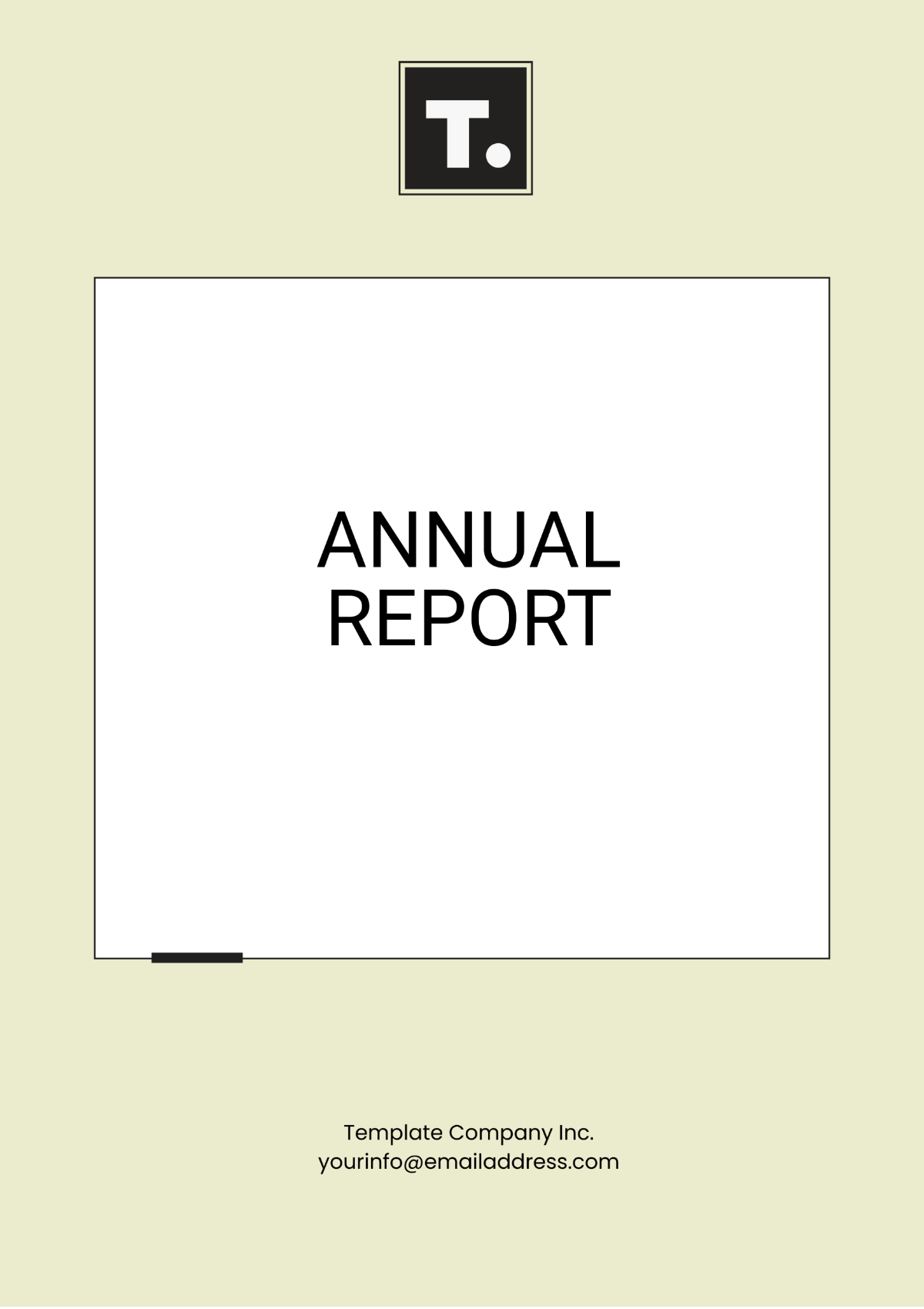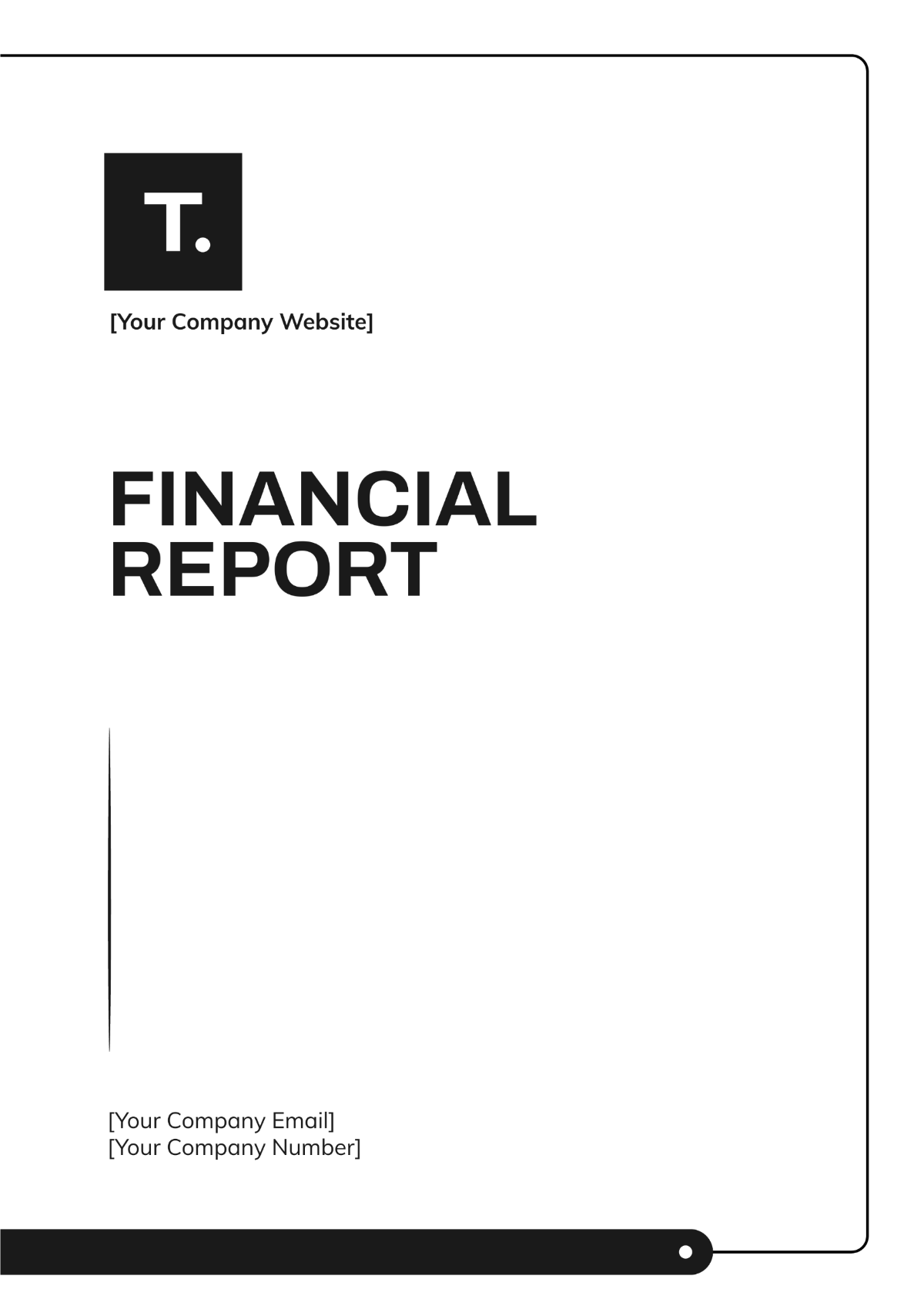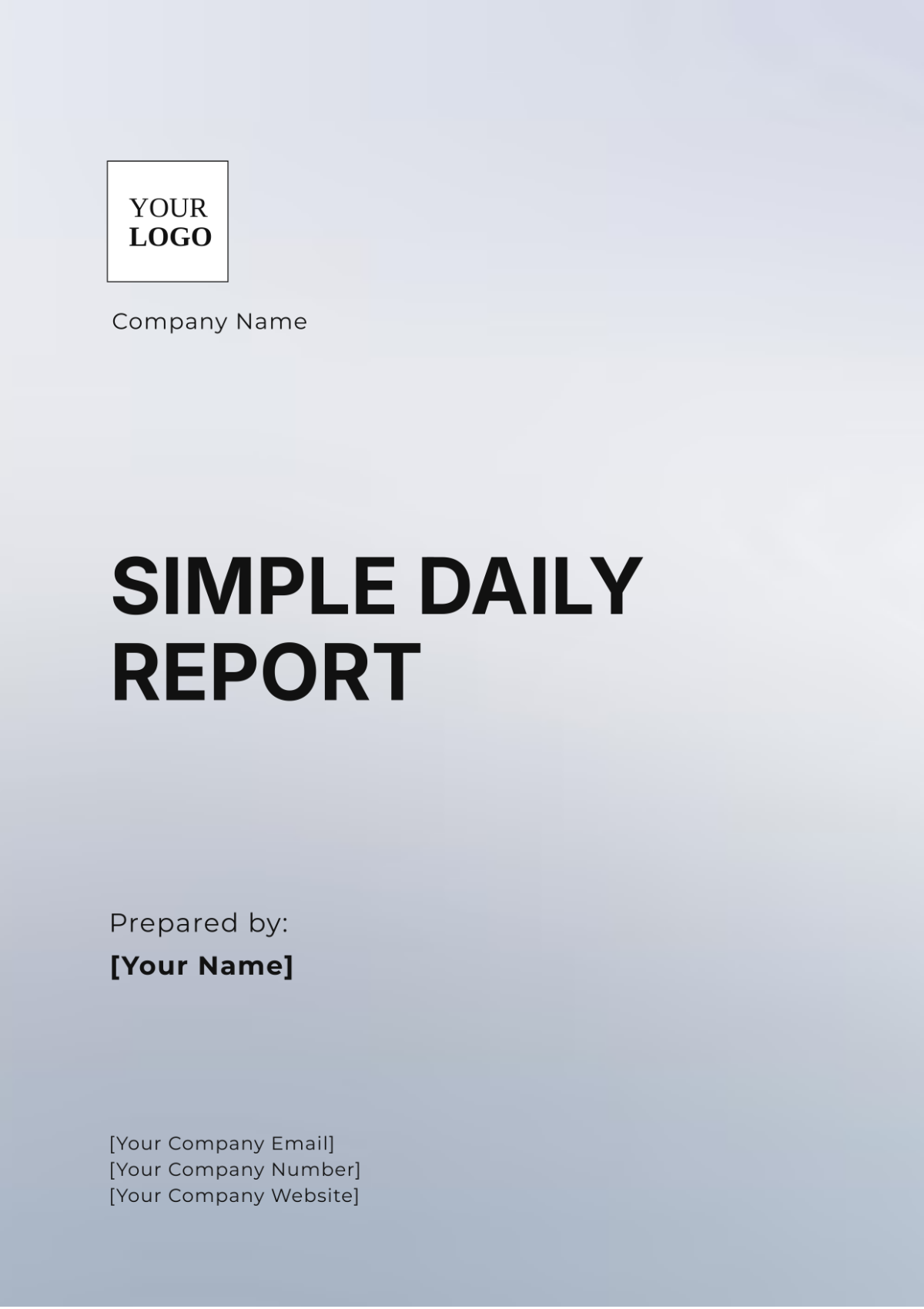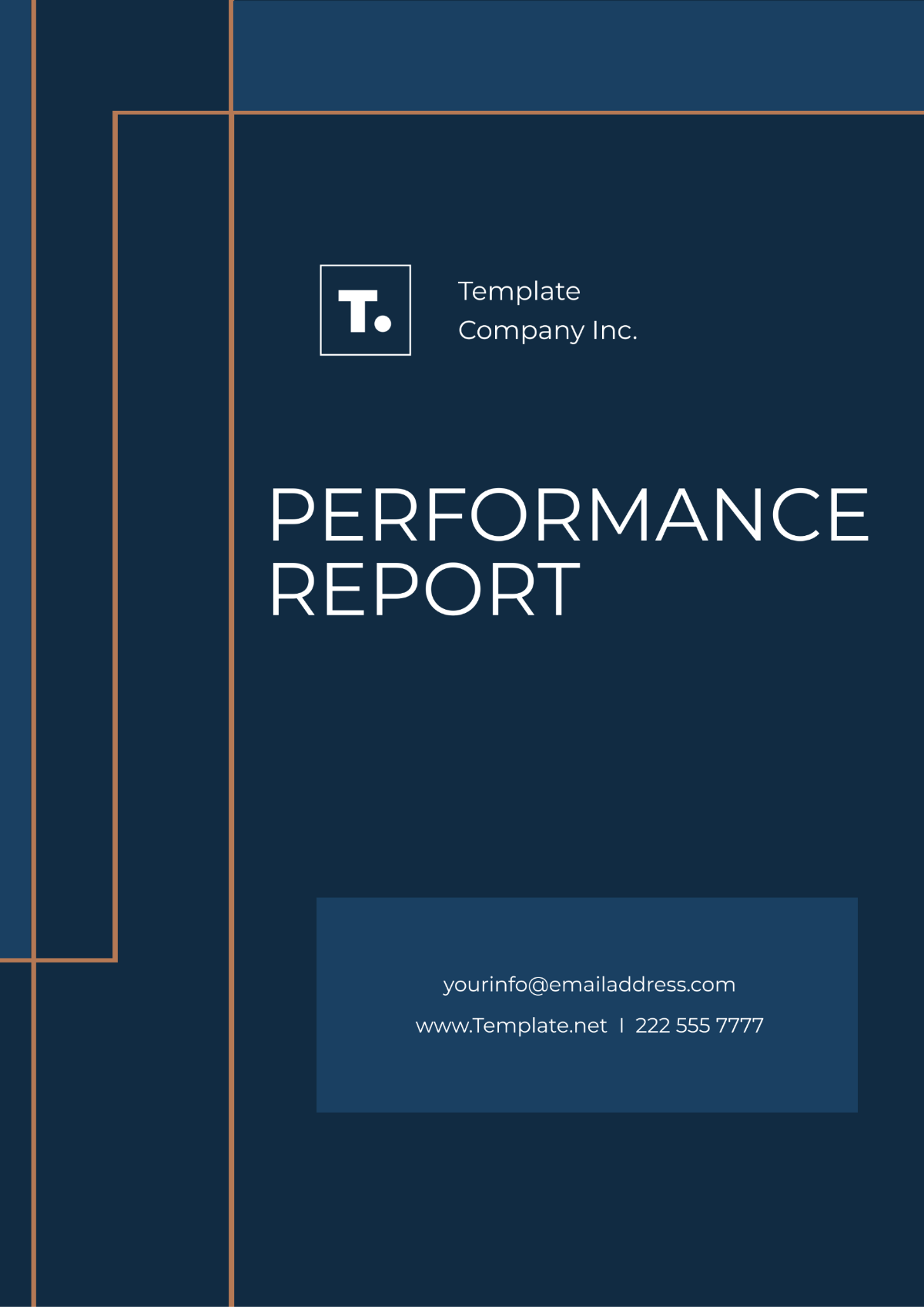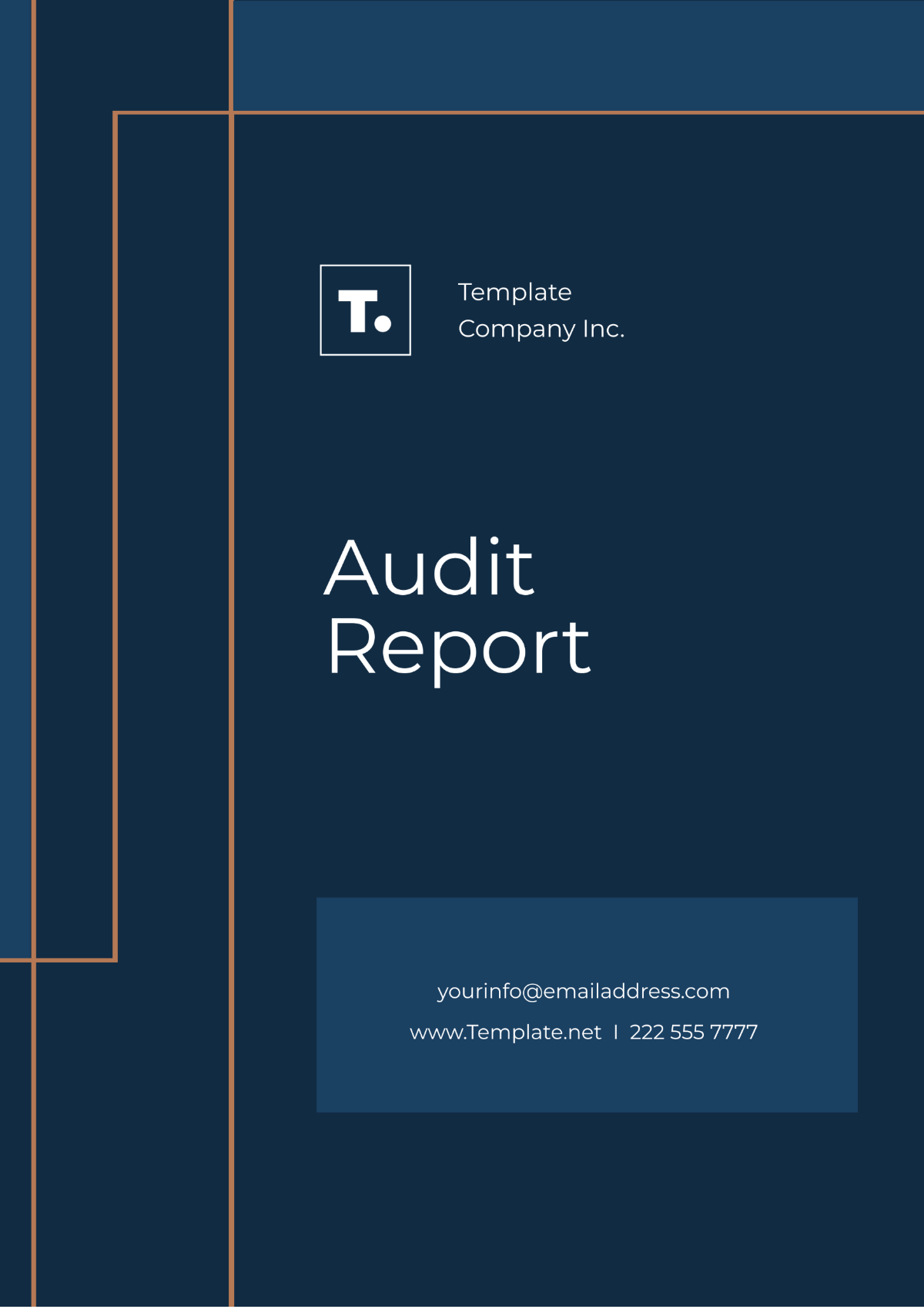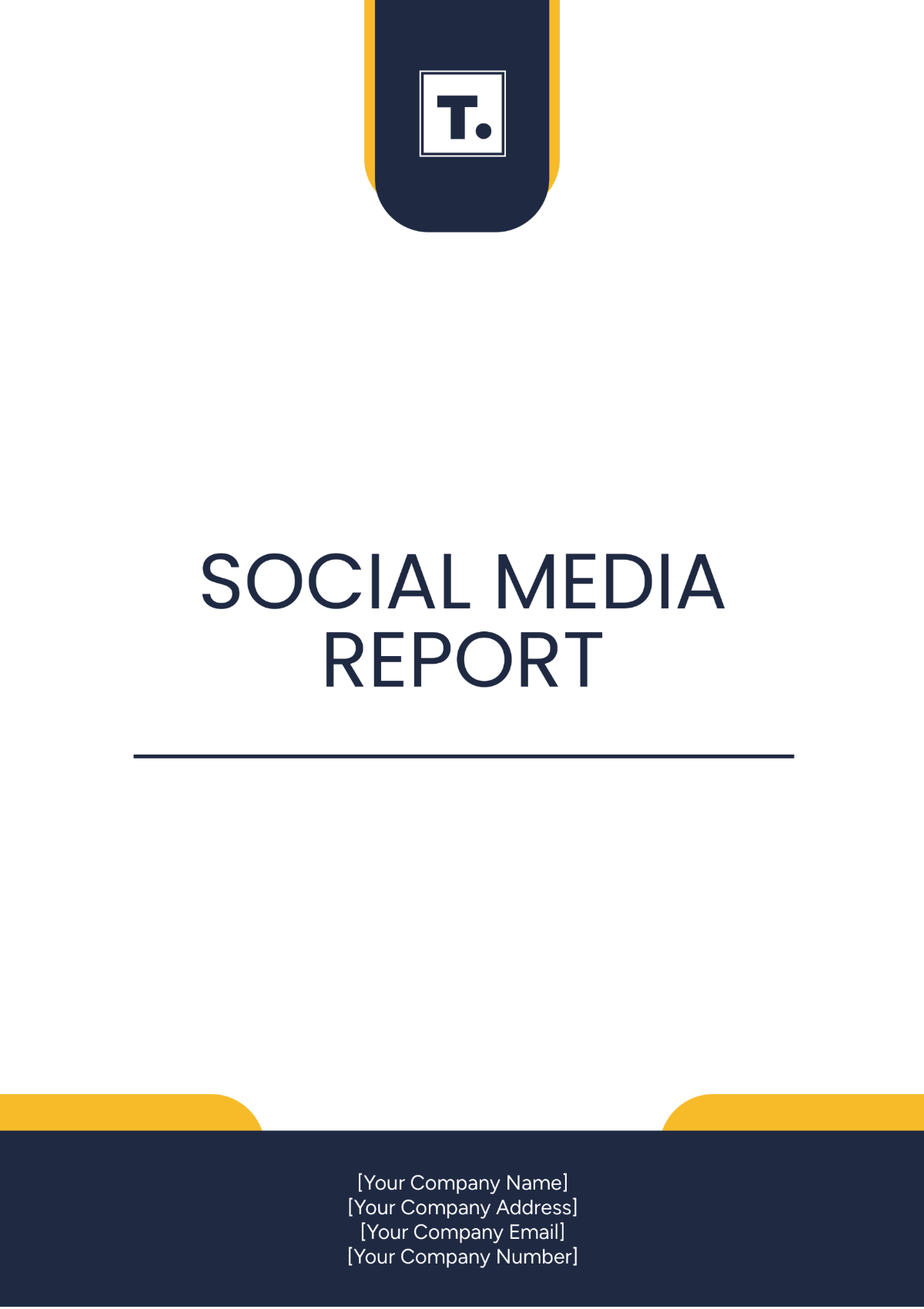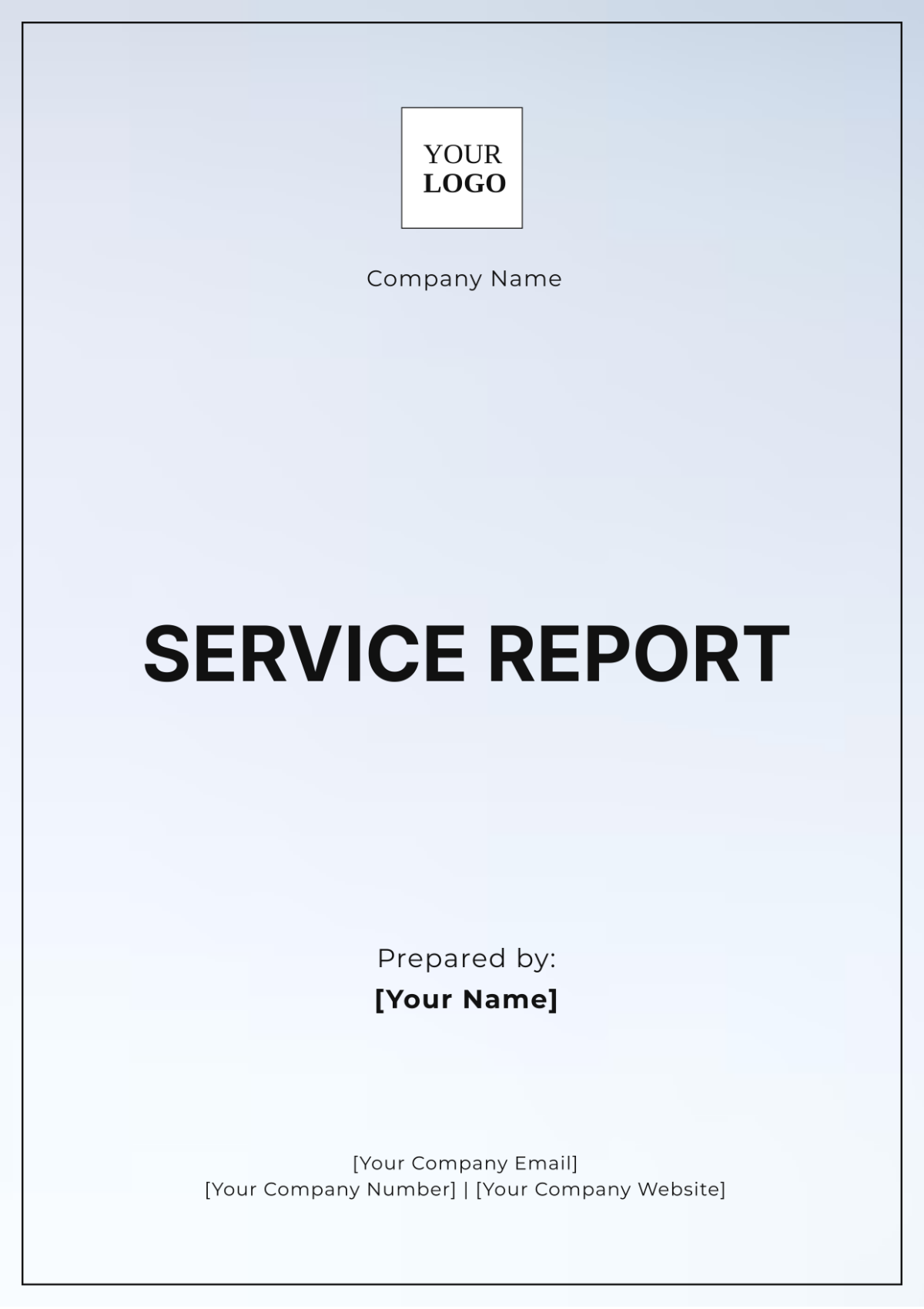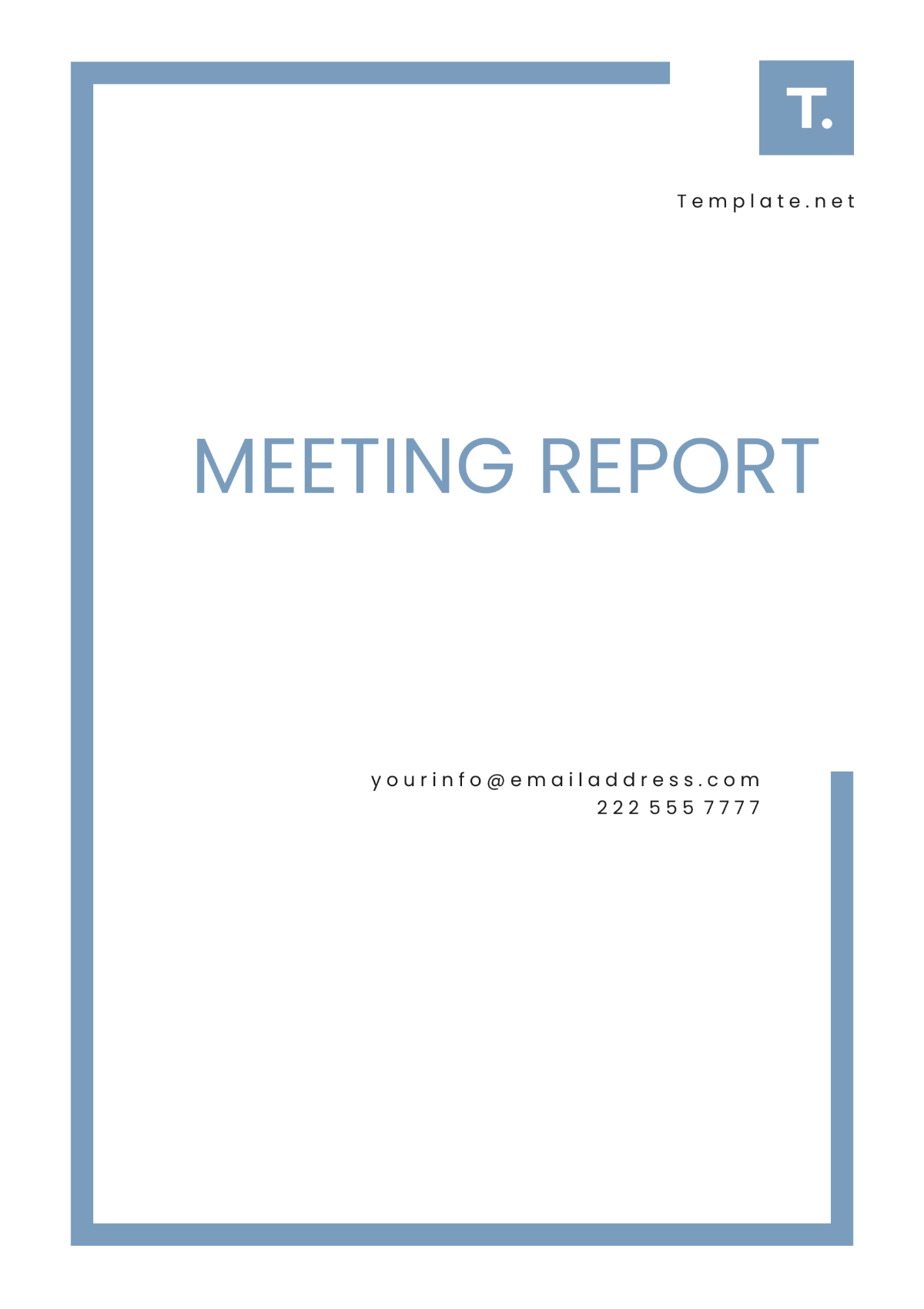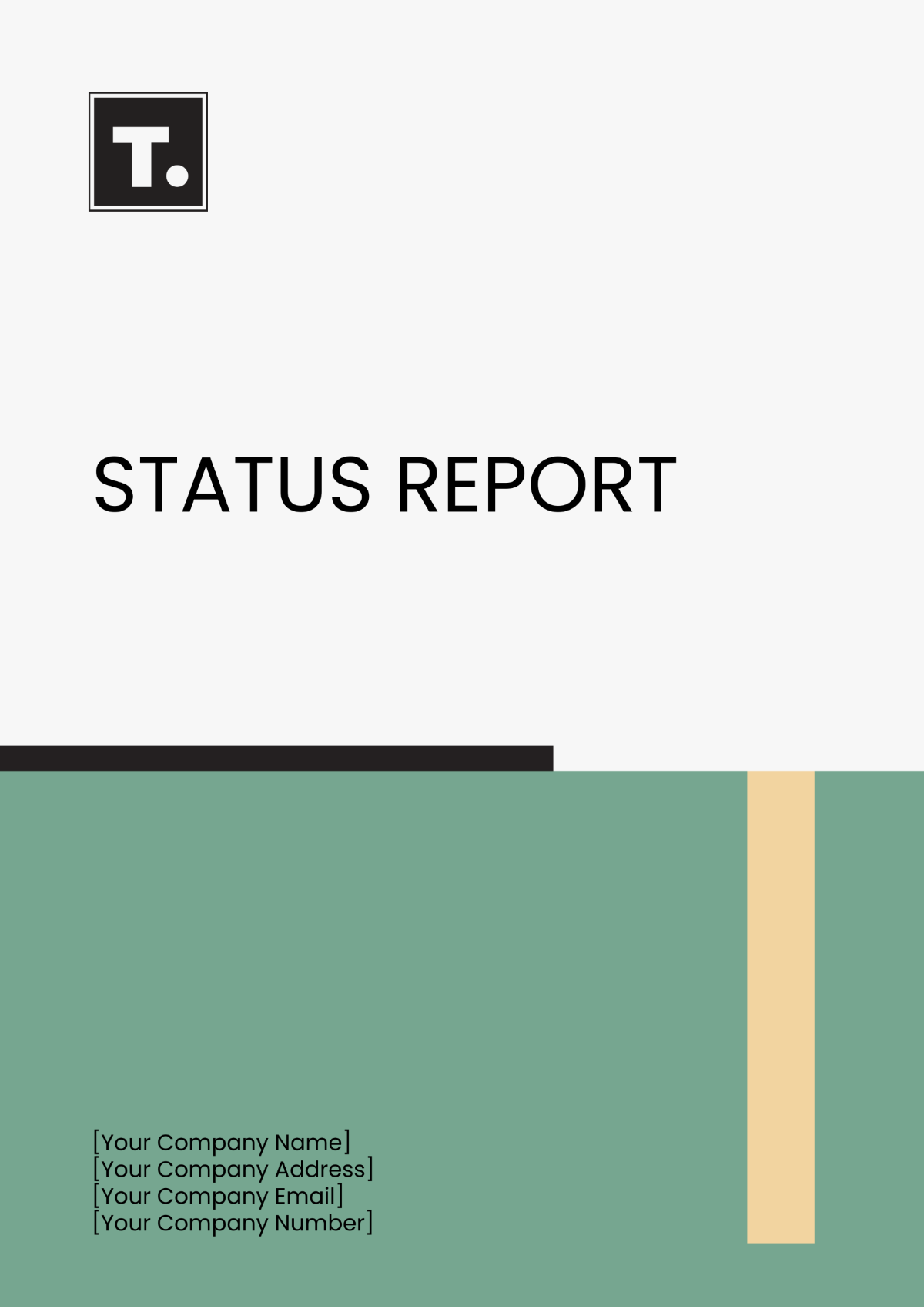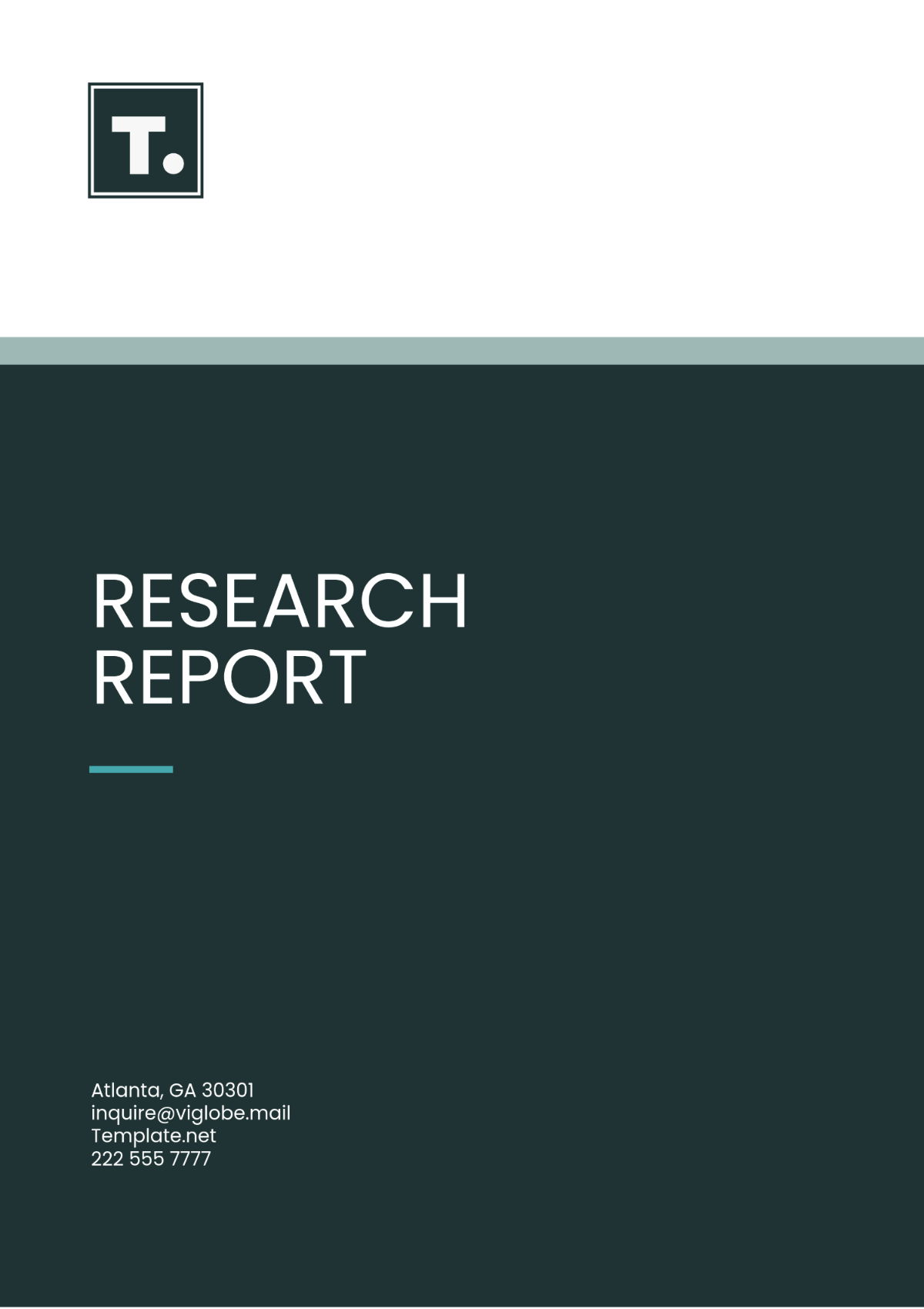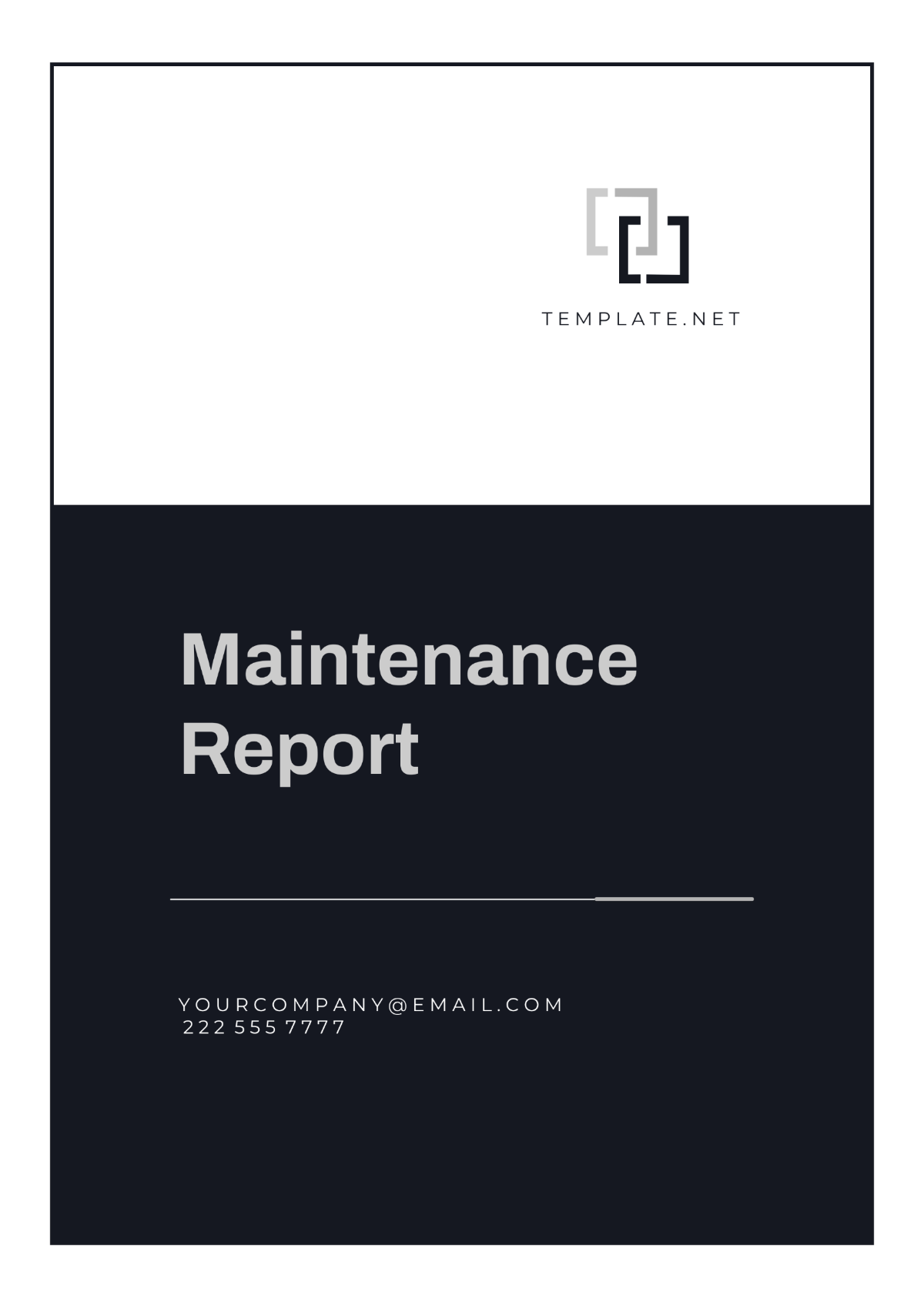VISITOR MANAGEMENT SECURITY REPORT
Prepared by: [Your Name]
I. Introduction
Visitor management security is crucial in maintaining a safe and secure environment both in corporate settings and at private establishments. This report provides a comprehensive review of current visitor management practices, their importance, and recommendations for enhancing security protocols. With growing security concerns and technological advances, efficient visitor management is becoming increasingly vital.
II. Importance of Visitor Management Security
Effective visitor management systems serve as the first line of defense to prevent unauthorized access, ensuring the safety of personnel, properties, and information. The following sections explore the elements that contribute to robust visitor management security.
A. Control and Monitoring
A controlled and monitored entrance is essential for documenting visitor entries and ensuring that only authorized persons gain access. Monitoring tools help in maintaining records that can be referenced later if needed.
Ensures that visitor details are captured accurately
Permits tracking and accountability of visitor movements
Utilizes technology for real-time monitoring
B. Risk Mitigation
Having a secure visitor management process mitigates risks associated with unauthorized access, thus protecting against potential security breaches.
Limits potential security threats by denying unauthorized entry
Reduces risk of theft or data breaches
Helps ensure compliance with regulations
III. Current Practices in Visitor Management Security
Organizations employ various methods to ensure secure visitor management. This section delves into the prevalent practices utilized today.
A. Sign-in Procedures
Effective sign-in procedures are fundamental to a secure visitor management system. They help track visitors accurately and provide a foundation for security enforcement.
Visitor registration occurs upon entry, either manually or digitally.
Visitor badges are issued to provide visual confirmation of their access level.
B. Use of Technology
The adoption of technology in visitor management has streamlined processes and increased effectiveness. Automated systems offer several benefits:
Technology | Benefits |
|---|---|
Digital Kiosks | Facilitate quick and efficient visitor sign-ins |
RFID & QR Code Systems | Enhance security with trackable access cards and codes |
Facial Recognition | Improves security with biometric verification |
IV. Challenges in Visitor Management Security
While technology provides solutions, certain challenges still persist in achieving optimal visitor management security. These challenges include:
A. Privacy Concerns
As more visitor data is collected electronically, maintaining privacy and ensuring data protection becomes increasingly challenging.
Data storage and usage must comply with privacy regulations.
Maintaining visitor trust is essential as data breaches can compromise sensitive information.
B. Integration with Existing Security Systems
Integrating visitor management systems with existing security infrastructure can be complex and requires consideration of multiple factors:
Ensuring compatibility with legacy systems
Aligning visitor management protocols with broader security policies
V. Recommendations for Enhancing Visitor Management Security
Improving visitor management security involves implementing strategic measures aimed at strengthening all facets of the visitor entry and monitoring process.
A. Adoption of Advanced Technologies
Incorporating advanced technologies enhances security and operational efficiency.
Deploy AI-driven visitor analytics for improved decision-making.
Utilize cloud-based systems for scalability and ease of maintenance.
B. Training and Awareness Programs
Training staff and raising awareness about the importance of visitor management are crucial steps:
Ensure employees are trained on updated protocols.
Conduct regular drills to ensure preparedness.
VI. Conclusion
The effective management of visitors is an integral part of organizational security strategies. By embracing advanced technologies, addressing current challenges, and implementing recommended practices, entities can significantly enhance their visitor management systems' security and efficiency.

